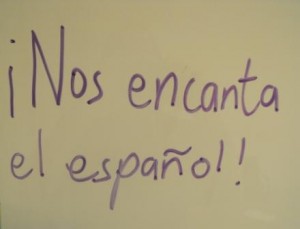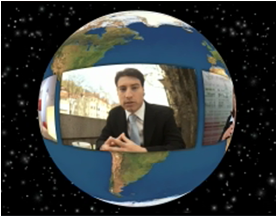Marina, Calif. – October 17, 2011 – Monterey Language Services (http://www.montereylanguages.com) today announced that it has served 50 new clients in the last 15 months, as the interpretation and translation company continues rapid growth in a sluggish economy.
Through its contracts, Monterey Language Services, located in the Marina Technology Cluster, Marina’s business incubator, has provided interpretation services to many people in the county who have limited English proficiency.
“Just through our contract with Natividad Medical Center alone, we have served hundreds of patients whose first languages are Spanish, Chinese, Korean or other indigenous languages such as Mixteco, Triqui, Zapoteco, and Chatino,” said CEO Mei-Ling Chen. “We have also been able to assist persons who communicate through American Sign Language.”
Monterey Language Services’ ability to provide interpretation for over 175 languages and dialects is the key to their rapid growth, according to Chen. In one day, the company handled 19 languages through several contracts. The largest number of different languages translated on a single project was 18. The company has access to 2,000 translators world wide and has contracted with nearly 100 so far.
Chen, a graduate of the Monterey Institute of International Studies, attributes the company’s success to the high quality of their translation and interpretation services. In a bad economy, says Chen, what is needed is to be resourceful, dynamic, flexible and efficient. Chen is pro-active in reaching out to researchers, community leaders, and people in indigenous towns around the world to get to know interpreters speaking different kinds of languages.
The clients of Monterey Language Services include embassies who help citizens conduct business in the area, law offices who hold depositions, and corporations such as Hewlett-Packard who want to find the best language interpretation support for their most important foreign customers.
“And they found us here right in Monterey,” said Chen, “the language capital of the world.”





 (4 votes, average: 4.50 out of 5)
(4 votes, average: 4.50 out of 5)
 (6 votes, average: 4.00 out of 5)
(6 votes, average: 4.00 out of 5)






